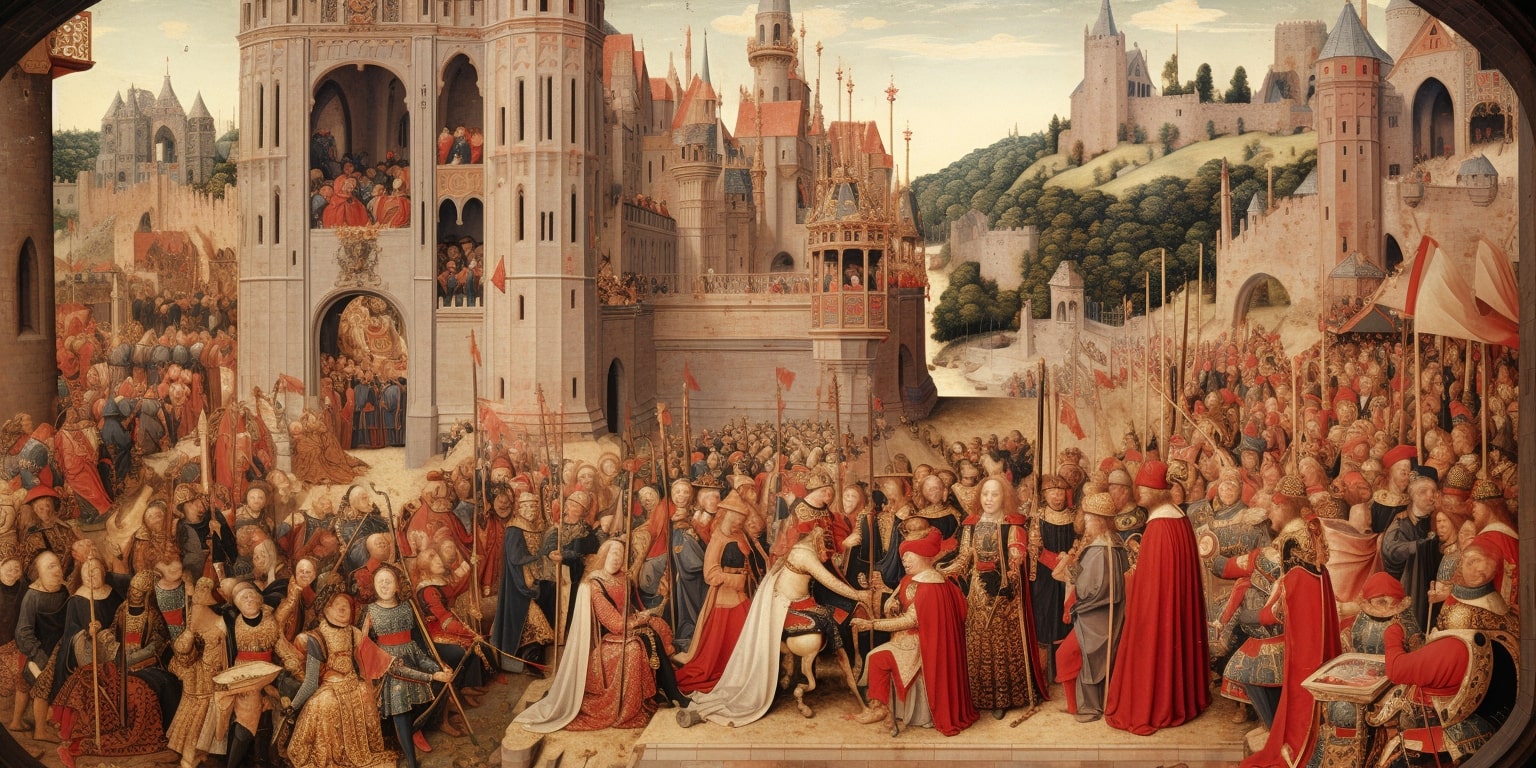Europe is a continent rich in history, culture, and diversity. From the bustling streets of Paris to the picturesque countryside of Tuscany, Europe offers a unique blend of old-world charm and modern innovation. However, in recent years, Europe has faced a number of challenges that have forced it to redefine itself in order to adapt to an ever-changing global landscape.
One of the biggest challenges facing Europe today is the rise of populism and nationalism. In countries like Hungary, Poland, and Italy, right-wing political parties have gained popularity by appealing to voters’ fears about immigration, terrorism, and economic insecurity. This wave Merriman’s A History of Modern Europe, 4th Edition populism has led to increased polarization within European societies and strained relations between member states.
Another major challenge facing Europe is the ongoing refugee crisis. The influx of migrants from war-torn countries like Syria has put immense pressure on European governments to provide shelter, food, and healthcare for those seeking asylum. This has sparked heated debates about immigration policy and raised questions about how best to integrate refugees into European society.
In addition to these internal challenges, Europe also faces external threats from sources such as Russia’s aggressive foreign policy and China’s growing influence in the region. The annexation of Crimea by Russia in 2014 sent shockwaves through Europe and prompted calls for greater unity among EU member states in response to Russian aggression. Meanwhile, China’s Belt and Road Initiative aims to expand its economic reach into Europe through infrastructure projects that could potentially undermine European interests.
Despite these challenges, there are also opportunities for Europe to redefine itself as a global leader in areas such as renewable energy, digital innovation, and sustainable development. Countries like Germany have made significant investments in renewable energy sources like wind and solar power in order to reduce their reliance on fossil fuels and combat climate change.
Furthermore, European tech hubs like London’s Silicon Roundabout are attracting top talent from around the world who are driving innovation in fields such as artificial intelligence, biotechnology, and fintech. These developments are positioning Europe as a hub for cutting-edge research and development that could help drive economic growth across the continent.
Ultimately, redefining Europe will require bold leadership from policymakers at both the national and EU level who can navigate complex geopolitical challenges while harnessing emerging opportunities for growth.

